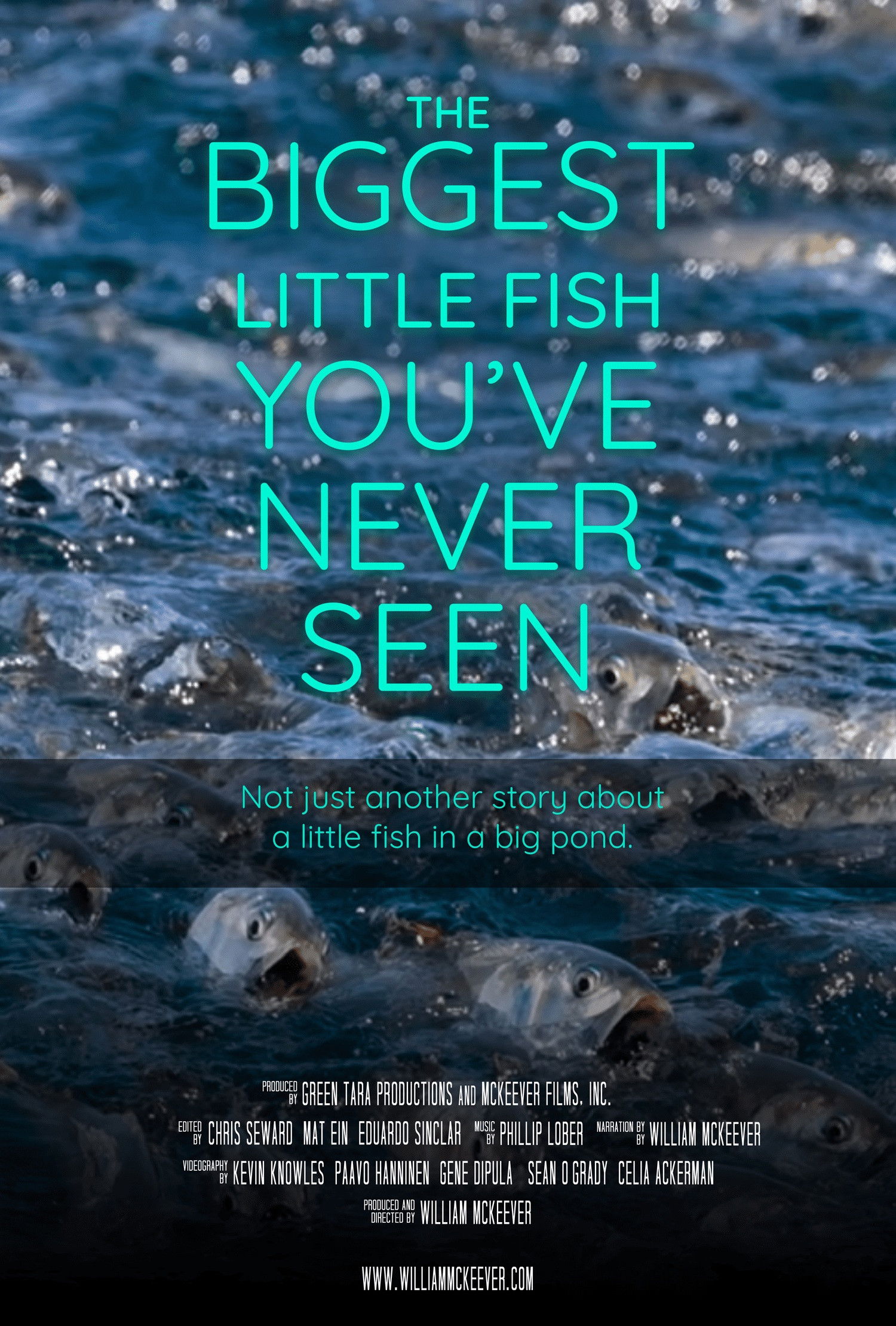Stopping the Next Pandemic (2023)
• April 17th, 2023 • 0h 0min
Documentary
Overview
How can we prevent epidemics? Why do viruses and bacteria move? Rather than trying to contain epidemics one after another, why not stop the processes that encourage their emergence? The challenges are enormous, but scientists argue that solutions exist. Because if emerging diseases are the collateral consequences of our lifestyles, our lifestyles are under our control.
Make sure to check your pop-up blocker!!
Trailer
Similar Movies

Pouvoir Oublier
Released on: 2025-05-30
Documentary
Pouvoir Oublier is a political documentary first constructed from the words of the speakers whose li...

Hacking at Leaves
Released on: 2024-04-06
Documentary, History
Hacking at Leaves documents artist and hazmat-suit aficionado Johannes Grenzfurthner as he attempts ...

WEED
Released on: 1971-01-23
Documentary
This 1971 color anti-drug use and abuse film was produced by Concept Films and directed by Brian Kel...

Microcosmos
Released on: 1996-09-06
Documentary
A documentary of insect life in meadows and ponds, using incredible close-ups, slow motion, and time...

Devant – Contrechamp de la rétention
Released on: 2025-11-12
Documentary
Pauline, Norah, Kristina and others wait for hours, sitting under a hut deep in the Bois de Vincenne...

The Meteor
Released on: 2024-03-06
Documentary
A large iron meteorite is found by two enthusiasts. But who owns it? A subtle film about property ri...

House of Grucci
Released on: 2023-01-02
Documentary, TV Movie
An illuminating look inside the lives of the Grucci family, whose Long Island-based fireworks busine...

The Biggest Little Fish You've Never Seen
Released on: 2024-06-26
Documentary
At only twelve inches long, the menhaden are a keystone species in the East Coast's marine ecosystem...

Germany in Autumn
Released on: 1978-03-03
Documentary, Drama
The film does not have a plot per se; it mixes documentary footage, along with standard movie scenes...

Edna: Memoirs from the Future
Released on: 2024-10-20
Documentary
Brazilian documentary short about the life of Edna — actress of Iracema.

Root of All Evil?
Released on: 2006-01-09
Documentary
In this two-part Channel 4 series, Professor Richard Dawkins challenges what he describes as 'a proc...

Living with Wildfire
Released on: 2018-09-10
Documentary
For 100 years, we have waged war on wildfire in the United States, and ironically, have created a mo...

Testerep
Released on: 2024-03-21
Documentary
A team of scientists search for the lost island of Testerep in front of the Belgian coast, venturing...

Seven Winters in Tehran
Released on: 2023-03-29
Documentary, Drama
After seven years in prison, a female student in Tehran is hanged for murder. She had acted in self-...

The Magical World of Moss
Released on: 2023-01-21
Documentary, TV Movie
They have no roots, no seeds, no flowers, but mosses show immense survival capacities and can suspen...

The Standstill
Released on: 2024-02-09
Documentary
In an observation over four seasons THE STANDSTILL shows Vienna and its surroundings along with enco...

Earth and the American Dream
Released on: 1992-10-01
Documentary
A beautiful and disturbing film recounts America’s story from the environment’s point of view. From ...


